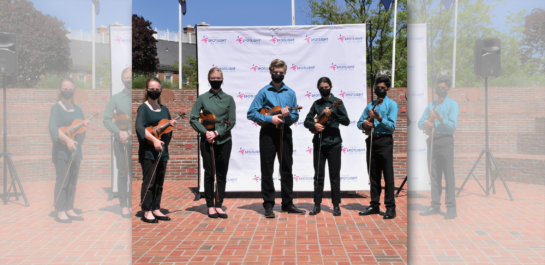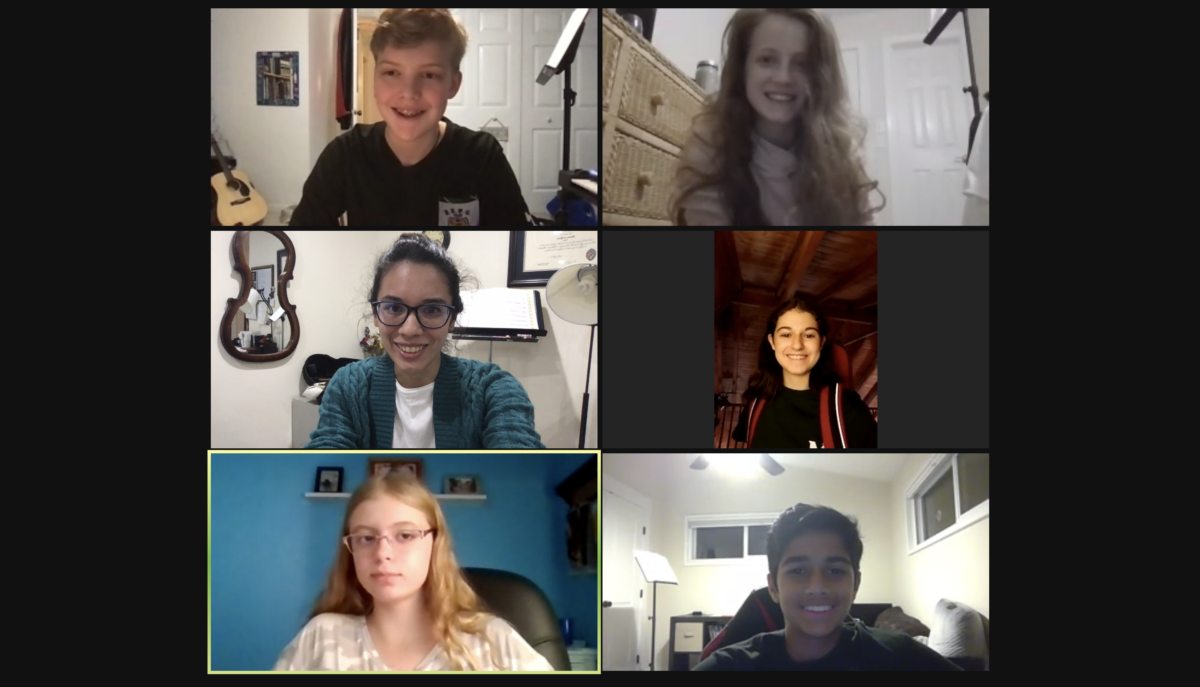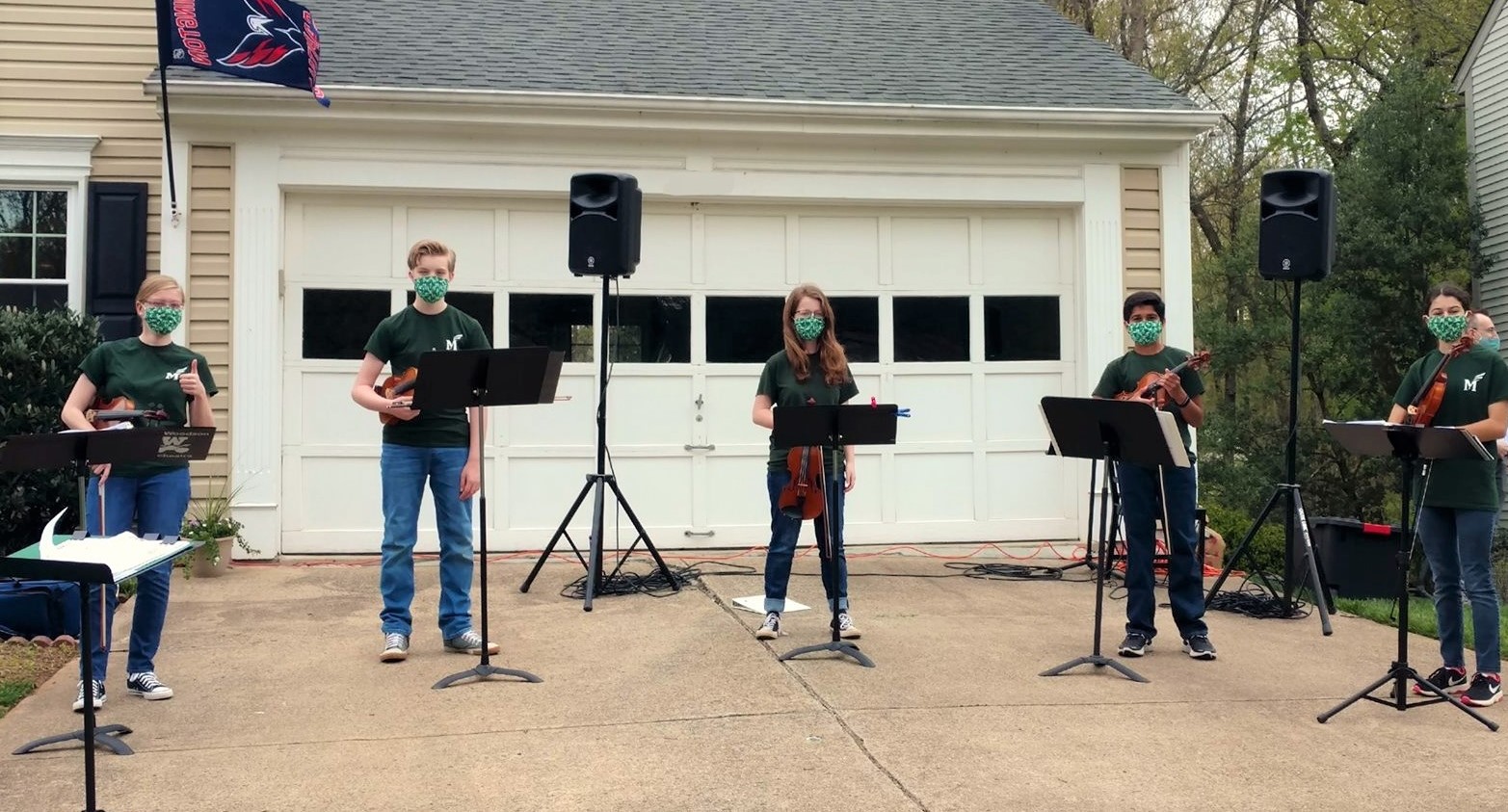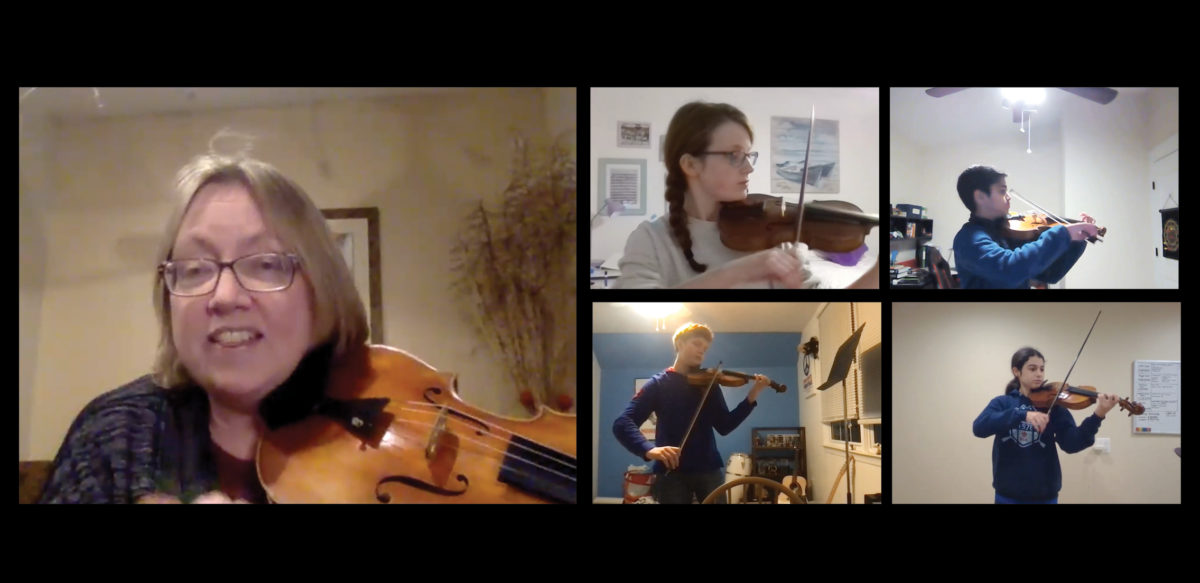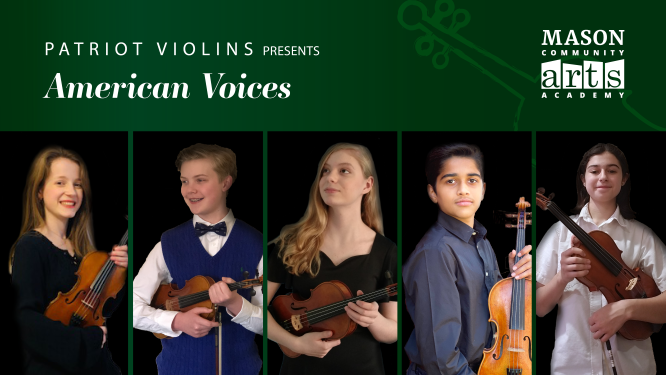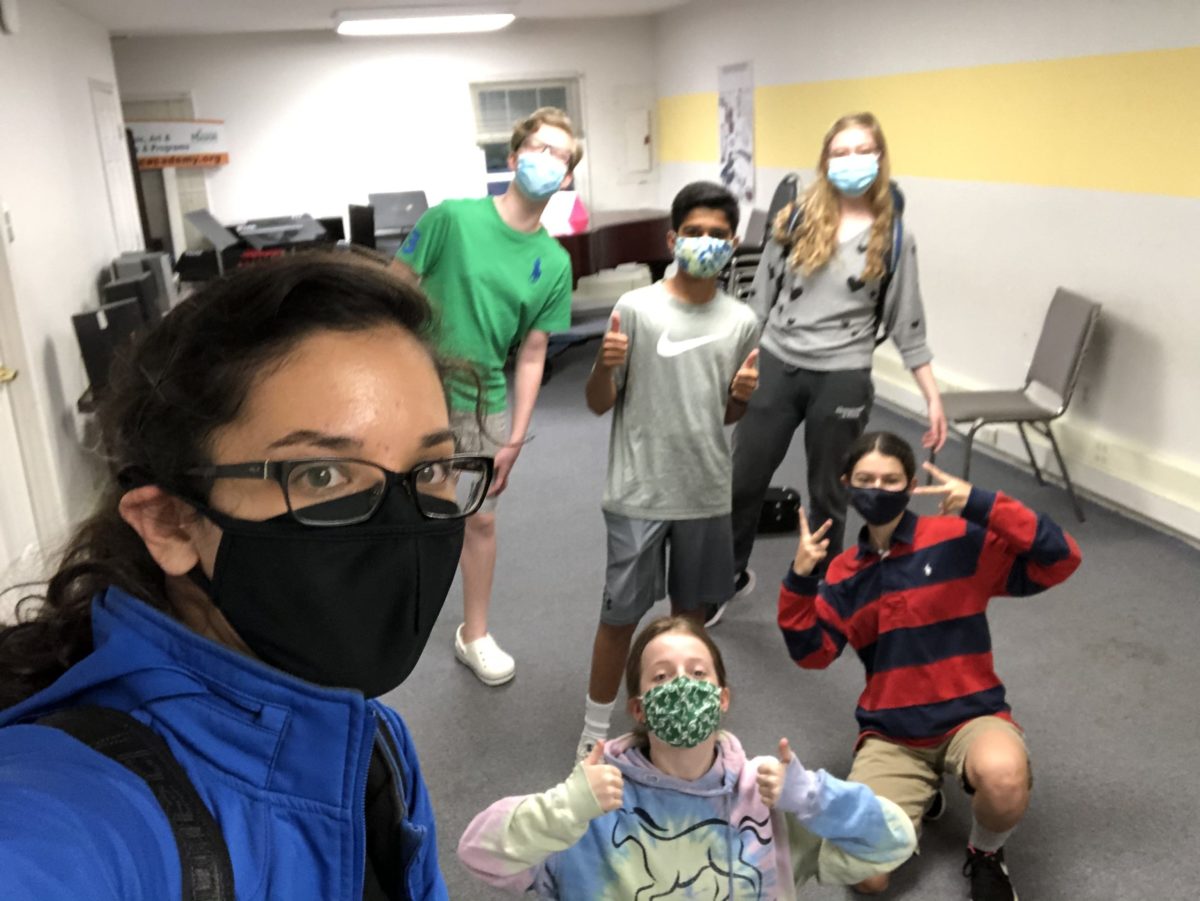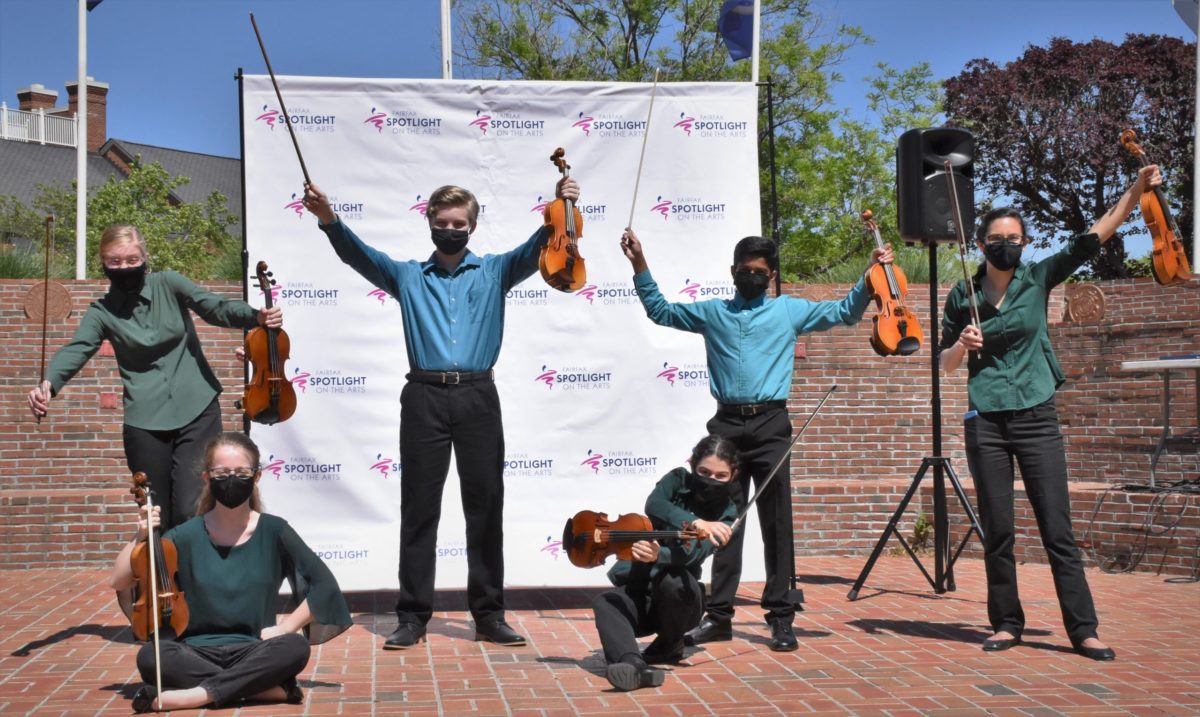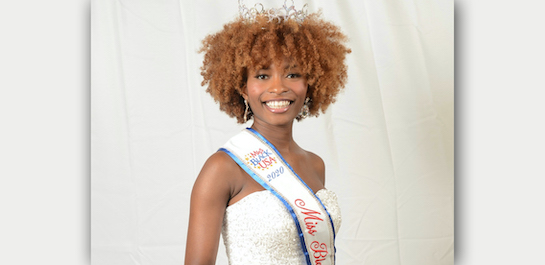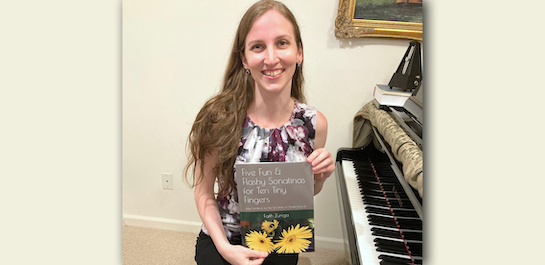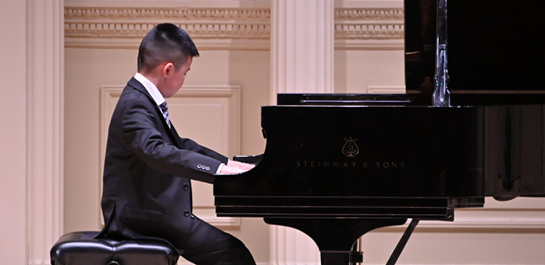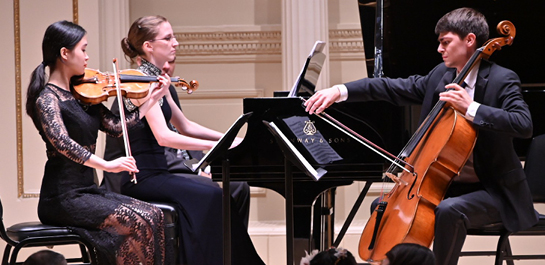We are excited to welcome our new Violin Teaching Artist, Hannah Price, joining us to provide private lessons and groups class instructions to our Academy families. Ms. Price is an active soloist and collaborative artist who has performed nationally and internationally. In addition, she has numerous years of teaching experience as a private teacher, lecturer, and guest artist, offering private lessons, group classes, and masterclasses for students of all levels. This fall, Ms. Price will teach the Violin Beginnings, an introductory class for beginners ages 4-6, and Violin Adventures, an elementary level technique class open for all private lesson students ages 5-13. Please join us to welcome Ms. Price for a quick Q&A and learn more about her music story.
What excites you the most about joining the Mason Community Arts Academy?
I’m most excited to get to know the community and the chance to work with so many fabulous people. The faculty is full of energetic, dedicated musicians and teachers, and I’m thrilled that I get to join them!
How did you first fall in love with music?
My journey with the violin was a slow but lasting burn. It was full of hundreds of small moments that added to my passion for it, the first of which happened when I was a little tot driving in the car with my parents. They had a CD in the car that always began with the Tchaikowsky piano concerto No. 1, and we listened to it almost every day. One day, I noticed the little soda bubbles of excitement that would build in my chest in anticipation of every big musical moment. Since then, my goal has been to experience those bubbles with my playing and teaching.
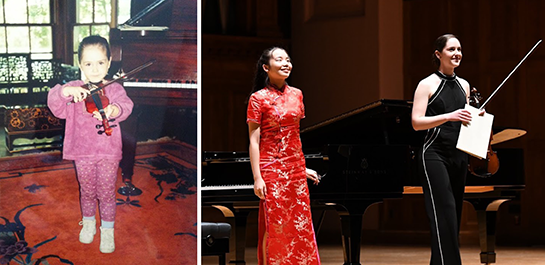
Tell us about a teaching experience you have had that was especially memorable.
I had an older adult student once tell me that the thing he valued most from our lessons was that he learned not to give up on himself and that once he learned how to acknowledge his achievements, he was able to do even more than he thought he could. It was, and is, such an honor to be a part of such valuable personal growth and to know that it can happen at any stage of life, regardless of circumstance. I experienced two human beings being inspired by one another that day, and it is one of the moments that ignited my journey as a teacher.
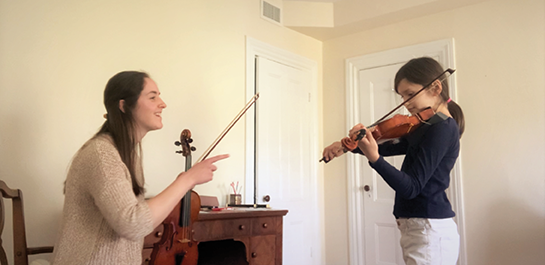
What are some unique things you do when you teach?
Music is all about storytelling, so I look for every opportunity to incorporate that into my teaching. I explore form and structure using animals and colors that my students get to pick before learning a new song, which helps with memory. Honest self-assessment is also significant for me, so I have some tactics in each lesson that help my students (even the little ones) apply objective self-assessment and set goals for the next time.
Do you have any pets?
None right now, but I love dogs and hope that I’ll be settled enough to get one soon!

What else would you like us to know about you?
As a musician, I have performed in eight different countries across two continents and feel so lucky that music has taken me to cool places with such contrasting cultures. I have a quickly-growing bucket list of places to visit and love to exchange travel stories with people!
CLICK HERE TO SCHEDULE A PRIVATE LESSON WITH MS. HANNAH PRICE.

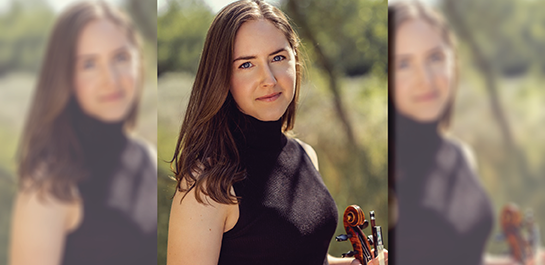
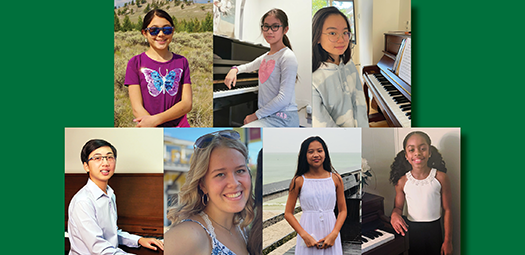
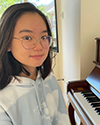 Grace Amartuvshin
Grace Amartuvshin Madison Do
Madison Do Keira Konson
Keira Konson Jayden Nguyen
Jayden Nguyen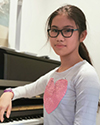
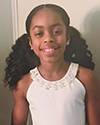 Emerie Wonnum
Emerie Wonnum Annabelle Yeh
Annabelle Yeh